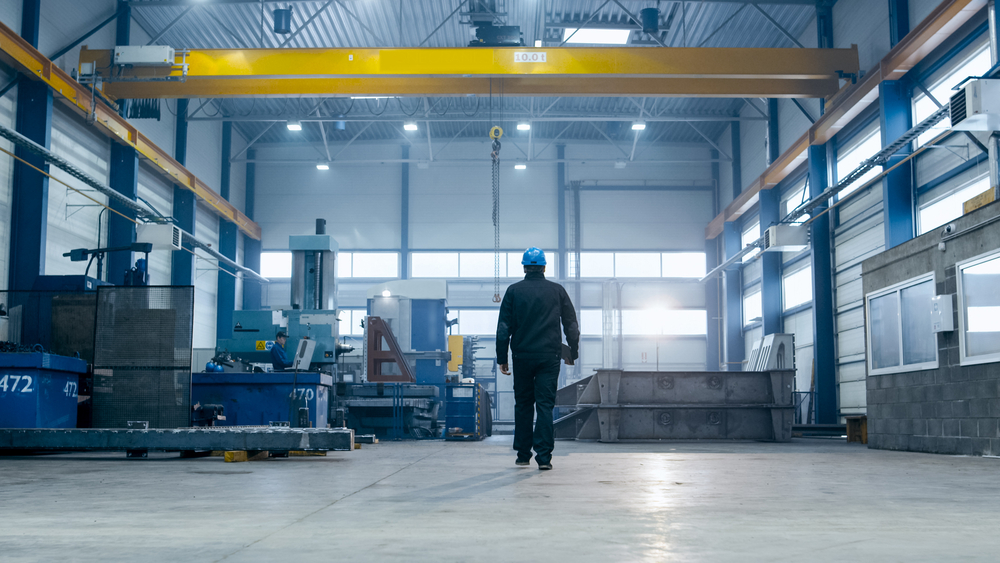Week 43 in Manufacturing News
Research: US Manufacturers Digitizing at Twice the Rate of Other Businesses; 2020 Global Trade Data Reveals Insights About Future of Manufacturing Sector; Making Sustainability Part of Manufacturing; With Covid-19 Under Control, China’s Economy Surges Ahead.

Research: US Manufacturers Digitizing at Twice the Rate of Other Businesses
On Tuesday, Alibaba.com, the B2B business unit of Alibaba Group, announced the results of its Alibaba.com U.S. B2B Small and Medium Business (SMB) Survey and launched a new Digitization Sprint for U.S. SMB manufacturers – a traditionally analog segment of SMBs that has been digitizing at twice the rate of other industries during the pandemic – to support manufacturers as they accelerate their digitization.
Source: Manufacturing.net
2020 Global Trade Data Reveals Insights About Future of Manufacturing Sector
Imports fluctuate. The manufacturing industry is well aware of this fact. However, 2020 has taken everyone by surprise. Imports into the United States have had to deal with a lot, from pandemics to uncertain government elections. These trends are important to understand as companies need to plan for 2021 and beyond.
Our team at Federal Group USA compiled and analyzed import data from 2020 and 2019, which was obtained from the U.S. Customs database records of inbound ocean cargo. (Note: The Federal Group USA does not take any responsibility for the accuracy of the data from the U.S. Customs database.) We found some unexpected and interesting trends that will take even the most experienced importer by surprise. Our team distilled the data and broke it down into a series of charts that highlight just how volatile of a year 2020 has been.
Source: Thomasnet
Making Sustainability Part of Manufacturing
While coping with the COVID-19 pandemic has pushed other manufacturing issues to the side, in the long-term those issues remain. One is making manufacturing more sustainable. Broad policy changes will be needed to achieve this goal, but so will many individual efforts by companies to change how things are made.
For example, the steel industry in Sweden has an initiative to reduce its environmental impact by eliminating carbon dioxide (CO2) from steel production, according to Mats Lundberg, sustainable business manager at Sandvik Materials Technology, Sweden. He noted that by replacing the coking coal traditionally used for ore-based steel making with green hydrogen produced from renewable, fossil-free electricity, manufacturers can produce steel with virtually no carbon footprint. When the hydrogen reacts with the oxygen in the iron ore, the result is water vapor, rather than CO2.
Source: SME
With Covid-19 Under Control, China’s Economy Surges Ahead
As most of the world still struggles with the coronavirus pandemic, China is showing once again that a fast economic rebound is possible when the virus is brought firmly under control.
The Chinese economy surged 4.9 percent in the July-to-September quarter compared with the same months last year, the country’s National Bureau of Statistics announced on Monday. The robust performance brings China almost back up to the roughly 6 percent pace of growth that it was reporting before the pandemic.
Source: The New York Times



